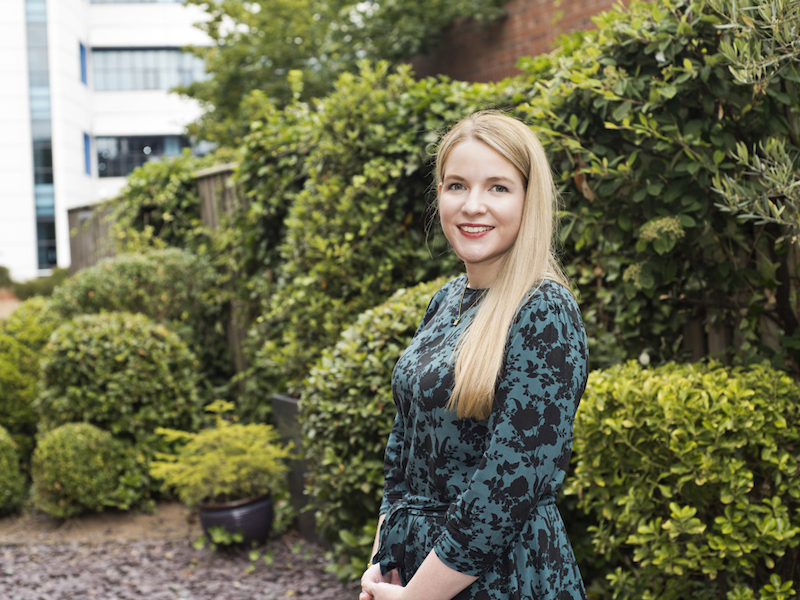Lynette is an Associate in the Health and Social Care Advisory and Inquests team specialising in Court of Protection work and inquests at Browne Jacobson.
Prior to joining Browne Jacobson, Lynette completed an access course in Legal Methods at Birkbeck, part of the University of London, and went on to complete her LLB at the University at York. She entered the profession as an awardee of the Law Society’s Diversity Access Scheme which provided sponsorship to complete her Legal Practice Course at the University of Law. She continues to support the Diversity Access Scheme as an alumna, volunteering to shortlist applications and as a panel judge for interviews.
Lynette joined the Inquests and Advisory team following 3 years’ experience as a paralegal handling clinical negligence matters for NHS Resolution and healthcare trusts. She completed her training contract at Browne Jacobson.
In her role in the Advisory and Inquests team, she regularly acts on behalf of NHS Trusts, CCGs and independent health and social care providers. She advises on obligations under the Care Act, Mental Health Act and Mental Capacity Act, including providing guidance as to best interests, deprivation of liberty and ordinary residence. Lynette has since been on a 10-month long internal secondment to a large NHS Trust, managing a large caseload of clinical negligence claims and inquests.
Aside from her role, Lynette is a passionate advocate for equality in the profession for people of all backgrounds. Lynette contributes to diversity and inclusion agenda as a member of Browne Jacobson’s Diversity and Inclusion group, ‘disability lead’ and founder of the Disabilities and Conditions network for employees at the firm. Additionally, she was appointed as a Social Mobility Ambassador for the Law Society and as a Champion for Neurodiversity in Law. Lynette was recognised as Champion of the Year at the Inspirational Women in Law Awards 2021 issued by Next 100 Years.
Having collaborated with a number of organisations aimed at promoting equality from a gender, disability and social mobility perspective, she has promoted greater inclusive practices for people in these communities. Lynette has also contributed via blogs, podcasts, news articles and articles she has written for the Law Society Gazette. She has also been a key speaker at a number of events discussing social mobility and disability.
Lynette was diagnosed with dyslexia, dyscalculia and Irlen syndrome whilst attending university. Lynette feels honoured to form part of an incredible community of solicitors who represent those with seen and unseen disabilities championing for greater visibility and diversity in the profession.

